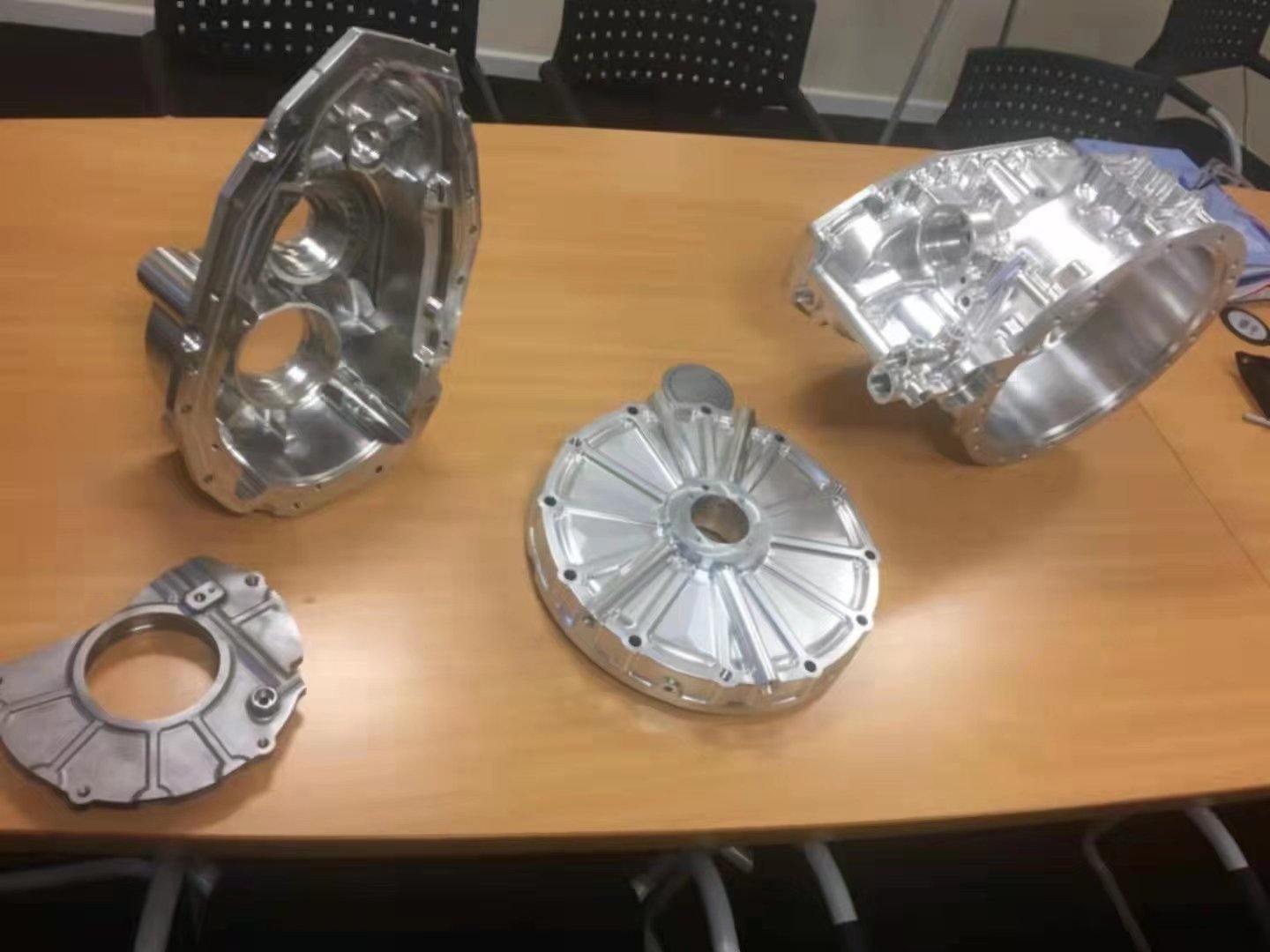
As industries continue to evolve, staying ahead of the curve in the manufacturing and CNC machining sectors is crucial. Companies like JUPAICNC are focused on not only delivering precision and reliability but also adapting to the changing demands of a rapidly advancing market. The future of CNC machining is undoubtedly intertwined with the development of new technologies, the growing need for automation, and the increasing demand for customized, high-quality products. JUPAICNC, with its extensive experience, is committed to being at the forefront of these changes, ensuring that clients receive the most innovative solutions while maintaining the standards of quality that define the company.
Over the years, we have witnessed significant advancements in the capabilities of CNC machines, and these trends are only expected to accelerate. As industries shift towards more personalized manufacturing, the integration of Artificial Intelligence (AI) and machine learning into CNC operations is becoming more pronounced. This allows for smarter and more efficient production lines, where machines can adapt to varying tasks without constant human intervention. For a company like JUPAICNC, embracing AI-driven solutions has become essential for providing high-quality, precision parts with reduced lead times and minimal errors. Such advancements promise to redefine the standards of manufacturing, bringing us closer to a fully automated production process where the role of human operators is minimized but still vital for overseeing and fine-tuning the system.
Another driving force behind the transformation of the CNC industry is the increasing push for sustainability. As businesses and governments strive for greener, more sustainable practices, the demand for energy-efficient machines and eco-friendly manufacturing processes grows. The next wave of CNC machines will undoubtedly focus on reducing energy consumption, using recyclable materials, and ensuring that the entire production cycle minimizes waste. JUPAICNC is already taking steps towards integrating more sustainable practices, as the demand for low-carbon manufacturing intensifies globally. In the future, it is expected that CNC machining will not only focus on precision but also contribute significantly to environmental sustainability through improved processes and greener technologies.
In addition to sustainability, another crucial trend shaping the future of CNC machining is the advancement of materials science. New materials, including lightweight composites and high-strength alloys, are pushing the boundaries of what is possible in manufacturing. As the demand for more complex and durable products increases, CNC machines must be able to work with a variety of advanced materials. JUPAICNC has always been dedicated to staying at the cutting edge of material technologies, ensuring that its machines can handle a diverse range of materials. The ability to process these new materials will be pivotal in meeting the needs of industries like aerospace, automotive, and medical device manufacturing, where precision and performance are paramount.
Furthermore, digitalization and the Internet of Things (IoT) are transforming how manufacturing facilities operate. CNC machines are now becoming interconnected, allowing for real-time monitoring, predictive maintenance, and data-driven decision-making. The use of cloud computing and big data is enabling manufacturers to analyze vast amounts of information, optimizing their processes and enhancing efficiency. JUPAICNC recognizes the importance of digital transformation, investing in IoT-enabled CNC machines that allow clients to track and analyze their production processes remotely. The incorporation of digital tools will play a pivotal role in creating smarter, more connected manufacturing environments that can respond dynamically to changing demands and market conditions.
The increasing demand for shorter lead times and greater customization is another driving force behind the evolution of CNC machining. As the market becomes more competitive, manufacturers must be able to offer fast turnaround times without compromising on quality. Additive manufacturing, or 3D printing, is likely to become an integral part of the CNC landscape in the coming years. JUPAICNC is already exploring ways to combine traditional CNC machining with additive manufacturing to offer more versatile and efficient production methods. This hybrid approach will allow for the creation of complex geometries that are difficult or impossible to achieve with conventional machining techniques, opening new possibilities for product design and customization.
Looking ahead, the role of skilled operators in CNC machining will also evolve. While automation and AI will handle more of the heavy lifting, human expertise will remain essential for overseeing operations and ensuring that machines are working at their optimal capacity. The future will see a shift toward more specialized roles, where CNC operators will need a higher level of technical knowledge and the ability to troubleshoot complex systems. For JUPAICNC, this means investing in training programs and resources to ensure that employees are equipped with the necessary skills to thrive in an increasingly automated environment. The demand for highly skilled professionals in CNC machining will continue to grow, and companies must be prepared to invest in the development of their workforce to keep up with the rapidly changing landscape.
Ultimately, the future of CNC machining is one of innovation, sustainability, and greater connectivity. Companies like JUPAICNC are well-positioned to lead the charge by embracing these trends and continuously improving their offerings. As the industry moves toward more intelligent, automated, and sustainable production practices, JUPAICNC will continue to adapt and evolve to meet the needs of its customers, providing state-of-the-art CNC machining solutions that push the boundaries of what is possible in manufacturing.

